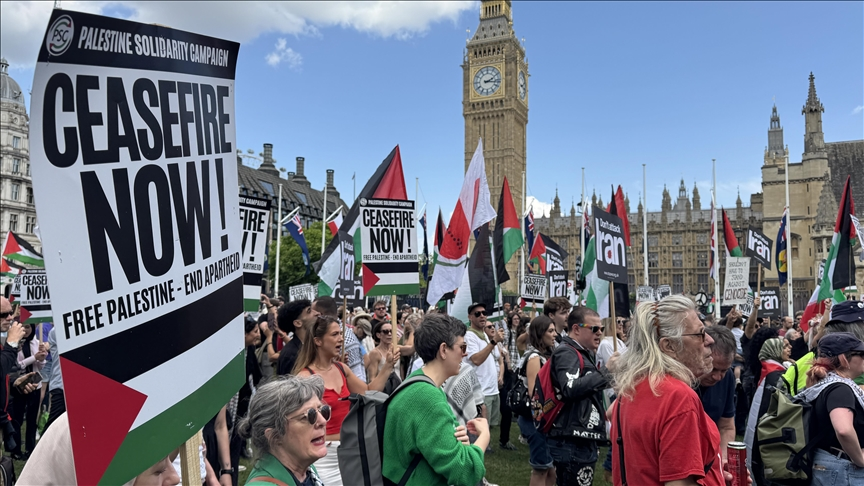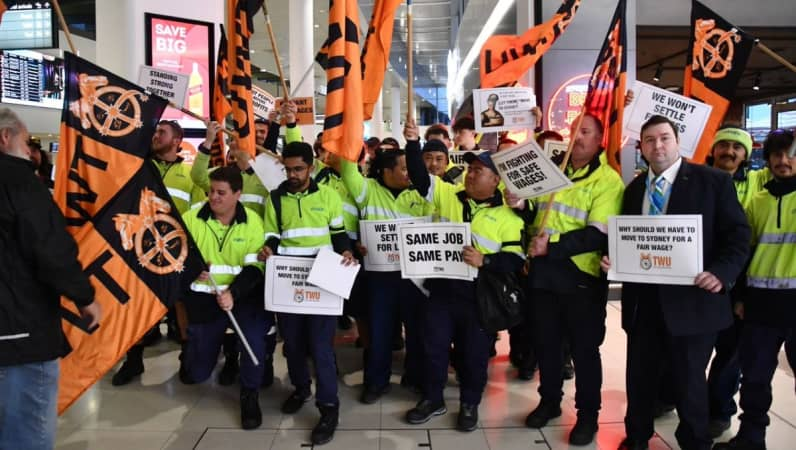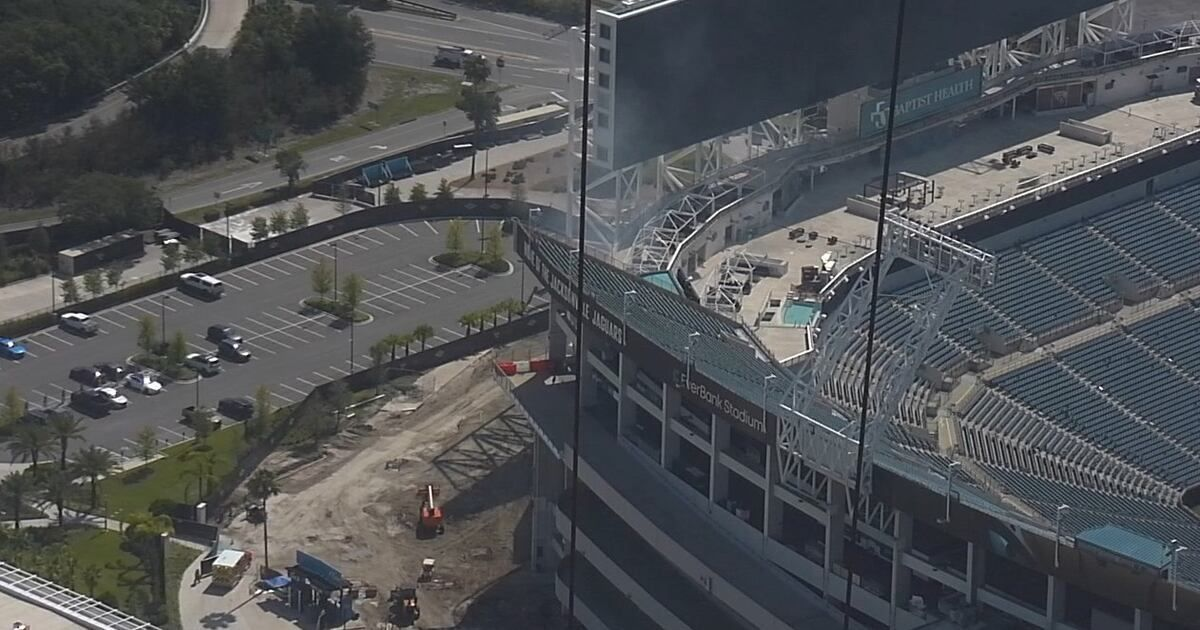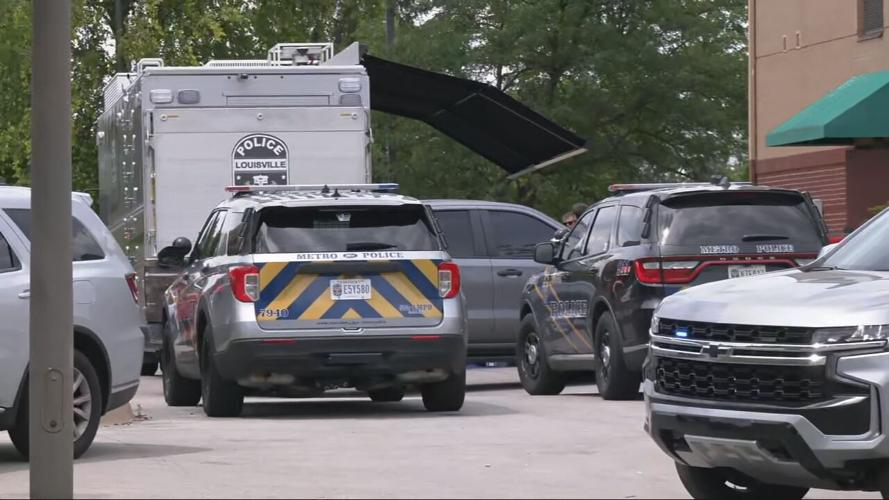The UK government has banned Palestine Action, a controversial activist group known for its disruptive protests against companies allegedly involved in the Israeli-Palestinian conflict. This decision, announced following a high-profile break-in at an RAF base, marks a significant blow to the group and raises important questions about the balance between freedom of expression and national security. The ban, implemented under the Terrorism Act 2000, underscores the government’s determination to prevent actions deemed to pose a threat to national security.
The RAF Base Break-in: A Catalyst for the Ban
The incident that ultimately led to Palestine Action’s dissolution was a break-in at RAF Menwith Hill in North Yorkshire. This base, a crucial component of the US and UK intelligence network, houses a significant satellite communications facility. Palestine Action activists claimed responsibility for the intrusion, describing it as a protest against the alleged complicity of the base in Israeli military actions. The break-in, however, caused significant damage and raised serious concerns about security vulnerabilities.
The government’s response was swift and decisive. The break-in was condemned as reckless and irresponsible, putting the safety and security of personnel at risk. This incident, coupled with a history of disruptive and often illegal protests by Palestine Action, provided the government with the justification it needed to invoke the Terrorism Act. The act allows for the banning of organizations deemed to be involved in terrorism-related activities, which includes acts of sabotage or endangering national security.
The Government’s Justification: Terrorism Act 2000
The government’s decision to utilize the Terrorism Act 2000 to ban Palestine Action has sparked considerable debate. Critics argue that the use of such a powerful piece of legislation against a relatively small activist group sets a concerning precedent. They contend that the government’s actions represent a disproportionate response to the actions of a group whose primary aim is to raise awareness about the Israeli-Palestinian conflict. The use of the Terrorism Act, designed for combating violent extremism, is seen by many as an overreach, potentially chilling legitimate political activism.
Supporters of the ban, however, argue that the severity of the RAF Menwith Hill break-in necessitates a strong response. They emphasize the potential consequences of compromising national security infrastructure. They highlight the potential for damage and disruption that could have resulted from a more sophisticated attack, not only impacting communication networks but also potentially compromising sensitive intelligence data. The argument is that the group’s actions, even if motivated by political grievances, crossed a line and put national security at risk.
Palestine Action’s Activities and Protests: A History of Confrontation
Palestine Action’s activities have been marked by a confrontational approach, prioritizing direct action over conventional methods of political advocacy. Their protests, often targeting companies with alleged ties to the Israeli military-industrial complex, have frequently involved trespassing, damage to property, and disruption of business operations. This approach has earned them both supporters and detractors.
- High-Profile Protests: The group’s actions often involved high-profile targets, garnering media attention and public debate.
- Civil Disobedience Tactics: Palestine Action employed civil disobedience tactics, often crossing the line into illegality, to maximize impact.
- Focus on Corporate Complicity: A central component of their strategy was targeting companies alleged to be complicit in Israeli actions in the occupied territories.
- Controversial Methods: Their methods drew strong criticism, particularly from those who considered them to be overly disruptive and potentially dangerous.
This history of disruptive actions, culminating in the RAF Menwith Hill break-in, played a crucial role in the government’s decision to ban the organization. The accumulation of incidents and the escalation of tactics arguably provided sufficient grounds for the government to argue that the group posed a threat to public order and national security.
The Implications of the Ban: Freedom of Speech vs. National Security
The ban raises profound questions about the balance between freedom of speech and national security. While the government has the responsibility to protect national security, concerns remain about the potential for overreach in suppressing dissent. The use of anti-terrorism legislation to target an activist group raises significant concerns about the potential for chilling effects on other political groups.
The debate hinges on whether Palestine Action’s actions constituted legitimate political protest or unlawful acts of sabotage. The line between these two categories can be blurry, particularly when considering the group’s history of controversial methods and their targeted choice of high-profile infrastructure. This case highlights the complex challenges of regulating political activism within the framework of national security concerns.
The Future of Palestine Activism in the UK
The ban on Palestine Action undoubtedly alters the landscape of Palestinian activism in the UK. While the group itself is dissolved, the underlying issues that fueled their activities remain. The ban’s impact will depend on how other activist groups respond and adapt to this new regulatory environment. It remains to be seen whether other organizations will adopt similar tactics or pursue alternative avenues for advocacy. The government’s justification for the ban, and its implications for the protection of national security versus free speech, will continue to be debated. The event serves as a pivotal moment, highlighting the complexities and tensions inherent in balancing political activism with the preservation of national security.










